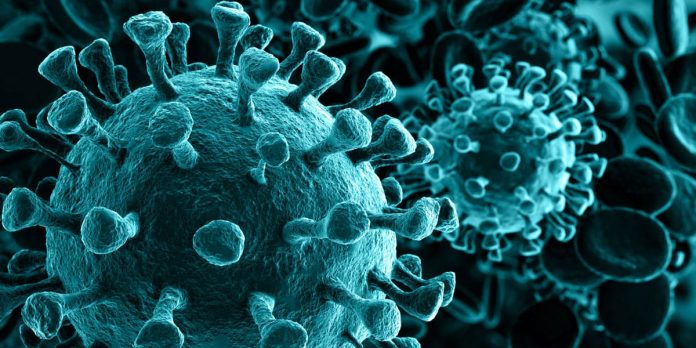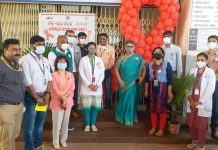Bhubaneswar: Mental health problems are likely to increase exponentially both at the individual and community levels as the impact of the coronavirus disease (Covid-19) deepens over the next few months. The first impact will be on those who had mental health challenges before the pandemic. Their problems will almost certainly be exacerbated. There is already an increasing number of attempts at self-harm. There is also an increase in burn-out cases among caregivers of those with mental health issues. The second direct impact is likely to be among the general population. The psychological feelings of fear, loss, and helplessness may lead to increasing levels of anxiety and depression. Other psychiatric problems such as adjustment disorders, post-traumatic stress disorders and mood disorders are likely to rise. Alcoholism, substance abuse and other forms of risky behaviour could increase. The indirect impact on mental health is likely to be even more alarming. The psycho-social realities related to Covid-19 may include risks of discrimination and violence related to gender, children and caste. Disability-related adversity will further exacerbate morbidity and mortality related to mental health problems. These will be magnified by unemployment, malnourishment and poverty.
The process of grieving has begun. A significant proportion of the population seems to be numbed by the experience. Many are getting on with their lives as though nothing has happened. These people are vulnerable. Many are covering up their feelings of helplessness with bravado. They feel the need to couch their predicament in terms that are controllable and changeable. The sociological impact of the pandemic is also unfolding. Stories of benevolence coexist with those of lynchings, suicides and exploitation. Many people are beginning to externalise their anger by attacking health care providers.
The increase in mental health problems and psycho-social effects will impact the growth of the pandemic also. There will be decreased compliance with the containment and treatment processes. This could be explained by the phenomenon of negative self-appraisal, where people label themselves as weak and helpless with little control over their fate. In the longer term, disabilities related to mental health problems are likely to grow. Incidents of suicide and self-harm may also increase.
As “the opening up” begins, there may be a workforce that is not motivated to participate, a community unwilling to buy and a proportion of people waiting to exploit. The pandemic will leave in its wake communities that will need to be rebuilt. How should society respond to these challenges? The solutions have to focus on healing the community, and not just healing the individual. The response should be three-tiered.
At the primary level, psychological recovery and sensitivity need to be intertwined with relief and recovery processes that focus on the resilience of communities. There should be mental health first aid, empathetic relationships within a framework of dignity, participation, purposefulness, and an effort to expeditiously return to education and work.
All these have to go hand-in-hand with psychological and psychiatric interventions. However, there is an urgent need to bring about innovations in the way mental health services are designed, how human resources are trained and how access to service is made possible. The current mental health interventions are tertiary. We need social distancing equivalents for mental health.
At the secondary level, online mental health services must be facilitated to support individuals with early signs of problems. This support could include dissemination of information about mental health, guided self-help programmes through webinars, telepsychiatry and teletherapy. The secondary level support should also include specific support for health care providers. Mental health/psychosocial mobile teams should reach out to those who are more vulnerable and homebound. There have to be specific mental health services linked to children and survivors of violence. Tertiary-level mental health services should include traditional services such as providing biological, psychological and social interventions for those with ongoing mental health problems and those with high support needs.
The policies that govern the development and delivery of community mental health services will have to be simplified. The other service provider (OSP) licences for telemedicine and tele-education are likely barriers. The current definition of mental health professionals makes post-graduates in psychology and social work unavailable for this fight.
Mental health is not just an issue of an individual feeling good. In the time of the Covid-19 pandemic, mental health disorders could take on the form of an epidemic. So many lives depend on how we respond to this challenge. We must remember that like Covid-19, mental health, too, has no vaccine in sight.



















